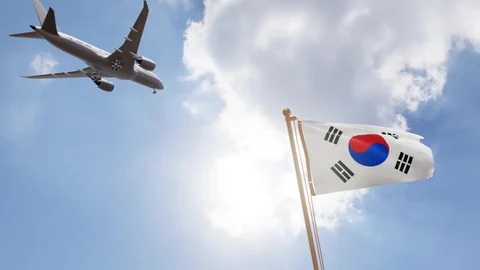South Korea plans to require all domestic airlines operating Boeing aircraft to inspect fuel switches linked to last month’s deadly Air India crash.
The move follows the release of a preliminary report that noted fuel switch locks may have played a role in the incident.
The crash involved a Boeing 787-8 that went down shortly after takeoff from Ahmedabad, killing 260 people. Investigators said the engine fuel cutoff switches flipped from “run” to “cutoff” almost at the same time, but did not explain how this occurred during flight.
A 2018 advisory from the U.S. Federal Aviation Administration had recommended operators of certain Boeing models, including the 787, to inspect the locking function of the fuel cutoff switches to prevent accidental movement. However, the advisory was not a formal requirement.
South Korea’s transport ministry said the inspections would follow the FAA’s 2018 recommendation but did not specify when the checks would take place.
According to the preliminary report, Air India had not performed the FAA-recommended inspections, since the advisory was not mandatory. Maintenance records showed that the aircraft’s throttle control module, which contains the fuel switches, was replaced in 2019 and again in 2023.
In an internal memo on Monday, Air India CEO Campbell Wilson said the investigation remains ongoing and cautioned against drawing early conclusions. He added that the preliminary report provided some clarity but also raised new questions.




